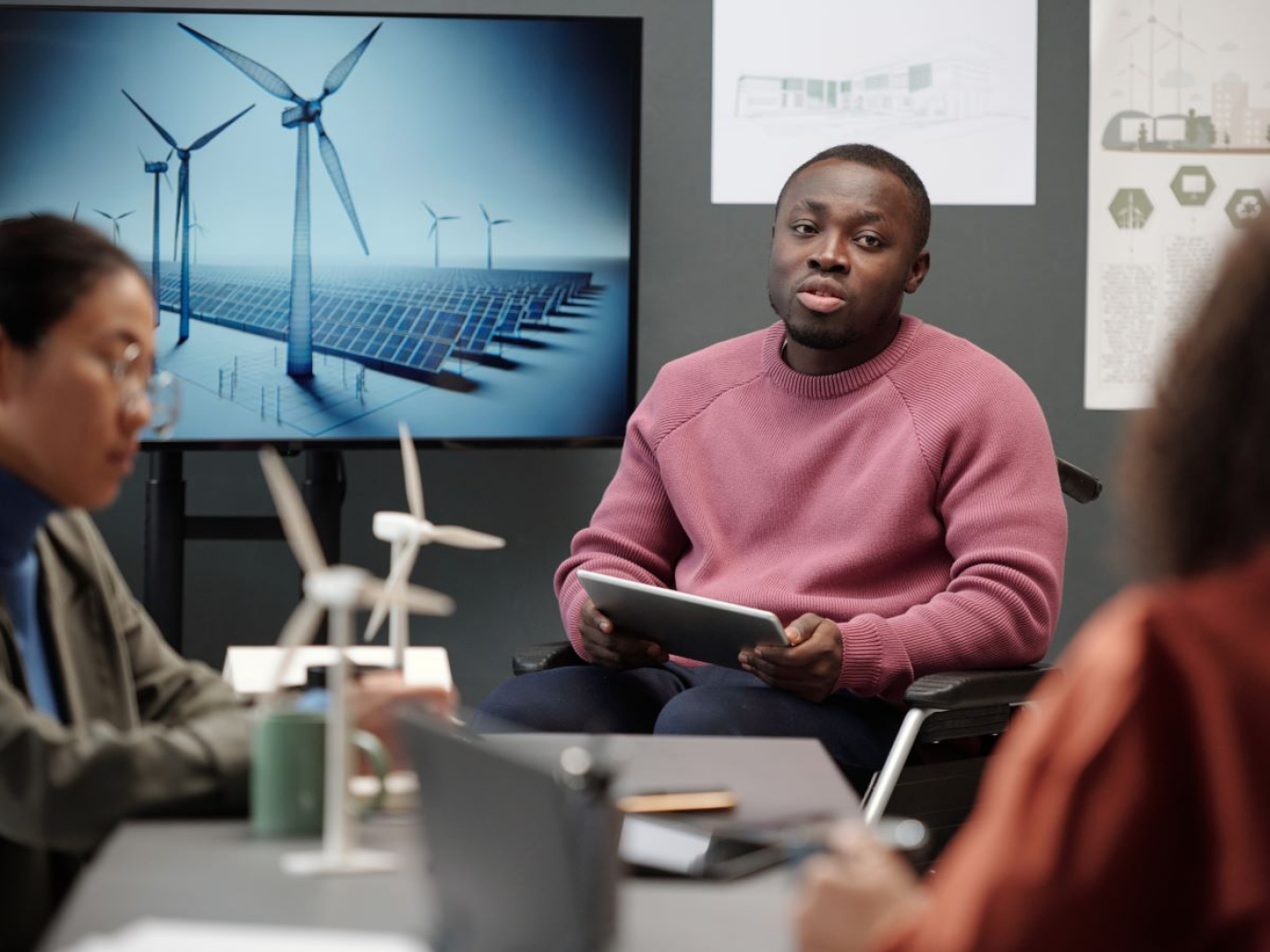Italy may be speaking about innovation, but its training programmes remain inadequate and poorly designed. According to the eLearning Maturity Report 2025 published by the Politecnico di Milano, carried out by the HR Innovation Practice Observatory in collaboration with Frog Learning, the average level of digital training maturity in the country stands at 51 out of 100.
All companies claim that training is “strategic”, but 48% are stuck with compulsory courses and standard platforms, 45% operate at a basic level and only 6% can be considered advanced. Just 1% have integrated digital training into their corporate strategy. The image is that of a country that risks remaining on the sidelines of the Industry 5.0 revolution. The use of artificial intelligence in training is limited to one-third of businesses, often on an experimental basis, and more than half of the organisations do not guarantee accessibility standards.
As Martina Mauri, director of the observatory, points out, “artificial intelligence can become a real facilitator of new, more advanced eLearning systems, not only from a technological perspective, but also in all other dimensions: from data analysis to accessibility. In Italy, however, its potential is still largely unexplored.”
Training as a lever for sustainability
Against a growing demand for skills related to ecological and digital transition, Italy suffers from a structural deficit in human capital. According to the research project Traiettorie – Flussi migratori, competenze e transizione energetica (Trajectories – Migration flows, skills and energy transition), promoted by the Maire-ETS Foundation, in 2023 foreign workers already accounted for over a fifth of those employed in green jobs in Italy. Yet, most of them are hired for basic jobs, due to the difficulty of getting their foreign qualifications acknowledged and the lack of technical and language training. The research, which involved universities and international organisations, estimates a gap of over 800,000 workers in green sectors in Italy. There's a need for integrated upskilling programmes, job corridors, skills recognition, and mentoring programmes.
“The energy transition sector requires, and will more and more, trained people,” said Fabrizio Di Amato, president of the foundation and the Maire Group. “Migrants and refugees can represent one of the reference pools, especially if included in specific training and inclusion programmes. We have launched a programme that provides for 100 new professionals to join each year, including a quota of migrants and refugees.”
In short, sustainability is not just a question of technology or decarbonisation, but also the ability to generate new skills and include people who are currently excluded from the skilled labour market.
Leonardo, the teaching factory
A model of ongoing learning comes from Leonardo, an industrial group active in aerospace, defence and security. The company considers training a truly strategic infrastructure: in 2024 alone, it provided 1.4 million hours of training and launched 1,281 training courses in collaboration with the education system. A pioneer of the ITS model since 2011, Leonardo has built a stable relationship with schools, universities and local areas, devising targeted courses and in-house teaching to introduce young people to technical professions.
The company also invests in digital reskilling, introducing personalised platforms for professional growth and fostering a culture of continuous learning. Its commitment stretches to supporting women in STEM, with mentorship programmes, inclusion policies, and gender equality certification achieved in 2024. More than just an HR policy, it's an industrial vision: train to innovate. The “new grammar of innovation”, as Leonardo describes it, comes from the central role people play in technological transformation processes.
E.ON: the transition starts with people
In the energy sector, technological transformation goes hand in hand with a strong focus on skills. “The energy transition is not achieved through technology alone, but above all through people,” comments Andrea Moratto, chief operations officer at E.ON Italia. The green jobs market keeps growing, but the shortage of qualified technicians remains a hindrance. “In this scenario, training is becoming a key factor in accelerating the process and developing the necessary skills,” adds Moratto.
For E.ON, investing in the growth of its people is an integral part of its industrial strategy. Moratto explains that “it is becoming increasingly crucial for an energy company to have highly qualified installation technicians.” It is no longer sufficient to employ technicians capable of assembling individual devices: you need professionals who can integrate different technologies, optimise them and manage them using advanced software. This has led to structured investment in technical and professional training courses led by an internal faculty that combines field expertise and know-how of the latest technologies.
“Every day, we help our employees and partners to hone their skills, starting with training on installation risks and prevention,” explains Moratto. The programmes include system integration, software configuration and customer support: “Our installation technicians become true consultants, ready to help those who use E.ON solutions to exploit their full potential.”
Human capital as infrastructure for transition
Be it aerospace engineers or agrivoltaic technicians, the real transition lies with people. In Italy, less than half of the adult population has basic digital skills, and only 8% of businesses use artificial intelligence systems. The European Skills Index 2024, issued by Cedefop, the European Centre for the Development of Vocational Training, places the country second to last in Europe for skills activation and matching.
These figures explain why sustainability risks coming to a halt not because of a lack of resources, but due to a lack of knowledge. A stable partnership between businesses, universities and institutions is needed to transform training into a genuine industrial policy. Education, like the ecological transition, is a long-term investment. And it is perhaps the most strategic infrastructure that Italy can build for its future.
Cover: photo Envato



